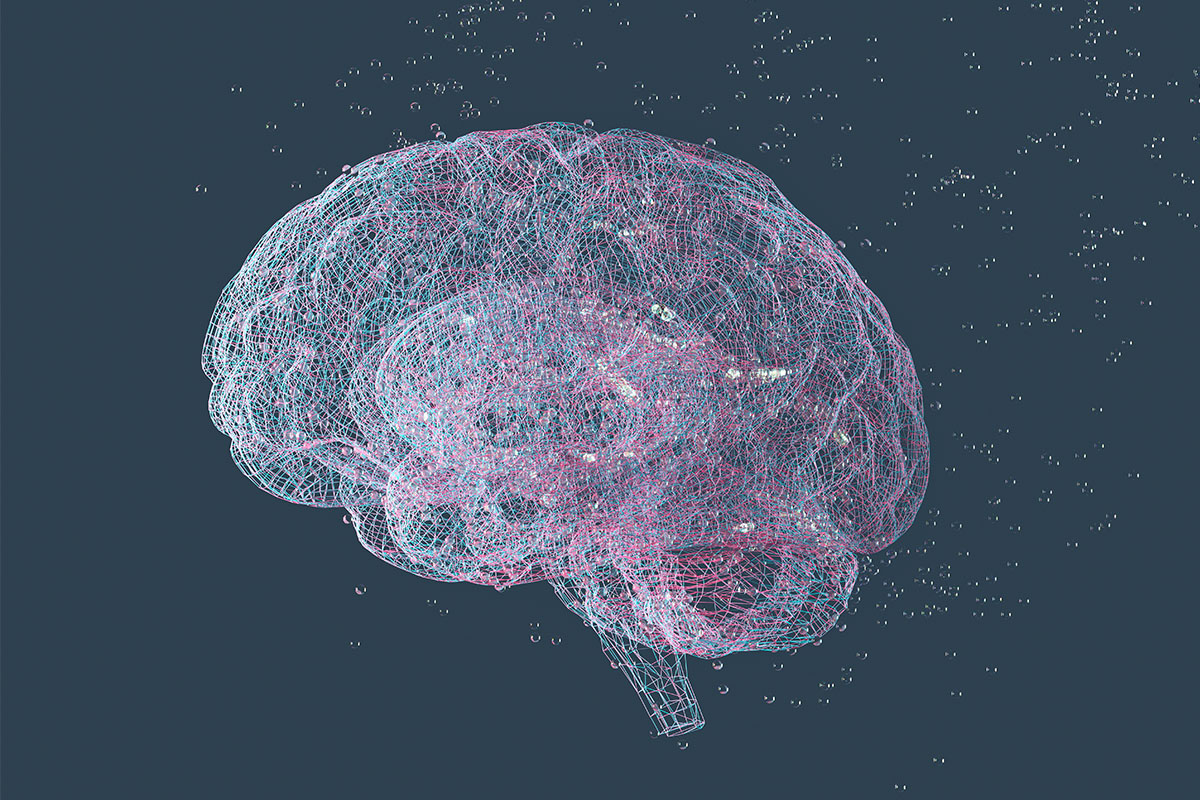According to a study published in Science Advances by researchers from the University of Pennsylvania and the Stem Cell and Brain Research Institute at Inserm, primates with more social connections are more likely to have larger nodes in the brain. The mid-superior temporal sulcus and ventral-dysgranular insula are both associated with “social decision-making” and empathy, and amongst particularly connected individuals, these regions grow complex and robust.
Researchers assessed the brains and behavioral patterns of the rhesus macaques, a gregarious monkey that hangs out in groups of up to 200 individuals. The authors traveled to Cayo Santiago, an island off the coast of Puerto Rico, to study a variety of criteria: “social status, number of grooming partners, physical distance with other monkeys, connectedness to popular monkeys in the network, and betweenness, [defined as] the ability to act as a bridge between disconnected parts of the social network.”
They then took brain scans of every single monkey on the island. The findings? As far as social ease and empathy are concerned, one’s brain structure isn’t predetermined. Young macaques aren’t born with different sized nodes — the variance in those nodes is a direct result of their role and participation in the community. The more “grooming partners” they have, the more experience they accrue, which in turn dramatically enriches the part of the brain that processes social connections. It’s a reciprocal reward system.
One of the authors, named Michael Platt, says: “You’d think it would be written into your brain when you’re born, but it seems more likely to emerge from the patterns and interactions that you have.”
Cayo Santiago initially elicited studies during the fallout of Hurricane Maria, when researchers arrived on the island to determine how the damaging storm impacted connections amongst the rhesus macaques. The monkeys actually banded together at the time, forming new, supportive relationships when they needed them the most.
While 17-pound herbivores are a far cry from the average, urban-dwelling American, there’s real-world value to be gleaned from these sorts of studies. Coming out of years where keeping our distance from each other was a mandate (with mental health woes skyrocketing in kind) and at a time where middle-aged men are in an apparent “friendship crisis,” it’s imperative that we make ourselves available to social connections.
Social connection means social cognition. That means a bigger, better brain. And a healthier, happier you. It isn’t easy to show up or sign up for things, but it’s critical that you do. Unfortunately, we don’t get to live on a tropical island with hundreds of our closest friends (much as we’d like to), but we can learn to imitate our hairy cousins nonetheless.
The Charge will help you move better, think clearer and stay in the game longer. Subscribe to our wellness newsletter today.


















